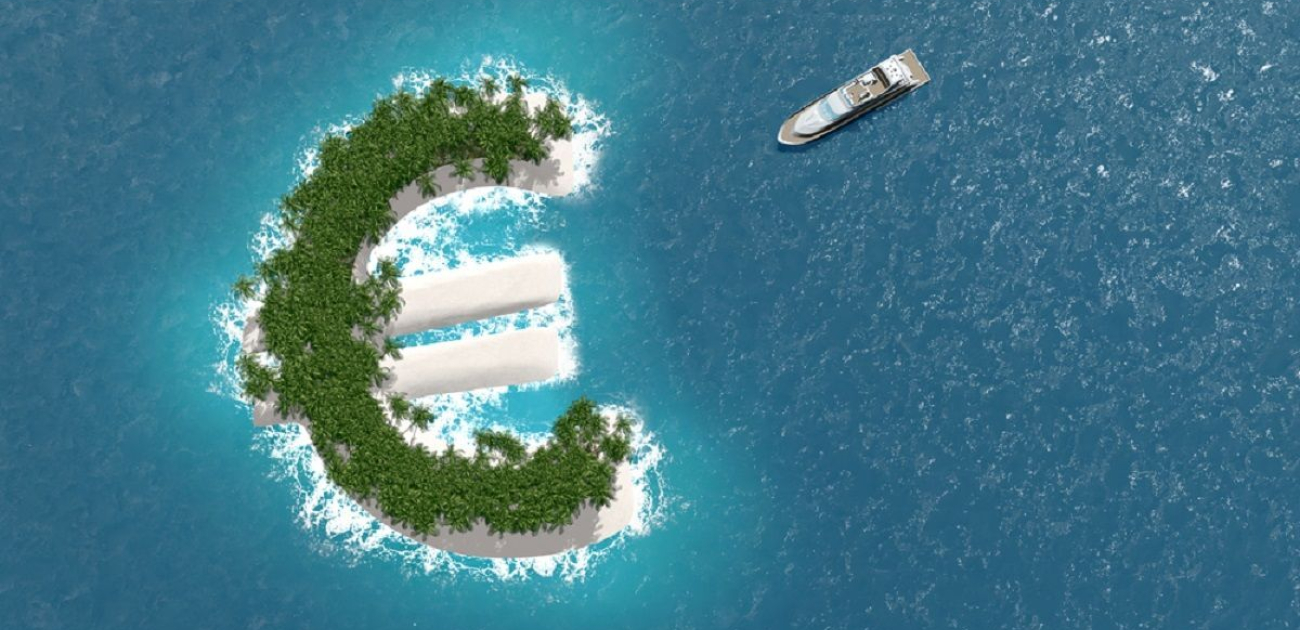The European Blacklist Has Been Approved: 17 Country Included
The Council of the European Union has issued its own black list of non-cooperative states and territories. It’s a list that, although with a dissuasive effectiveness towards these states probably not high, represents a first step for the integration of the various lists of states, not often coordinated since they take into account different parameters.
The list, which follows the work carried out by the Union in November 2016, was constructed identifying three basic parameters relating to non-EU countries and territories, represented by the adoption or otherwise of instruments for the exchange of information for tax purposes, from the presence or absence of privileged or distortive tax regimes of the competition and from the implementation or otherwise of the measures envisaged by the Base Erosion and Profit Shifting project.
Based on these parameters, the European black list includes 17 States and territories: American Samoa Islands, Bahrain, Barbados, Grenada, Guam, South Korea, Macao, Marshall Islands, Mongolia, Namibia, Palau, Panama, Saint Lucia, Samoa Islands , Trinidad and Tobago, Tunisia and United Arab Emirates.
Many of these states have little exchange with Europe. There are, however, other states with much closer relationships, for which the inclusion in the black list has depended on different factors.
Together with the black list, the European Union took stock of the situation of the states or territories that are not included in it, as they took steps to remove the critical issues that emerged following the examination carried out by the Union at the end of 2016.
Regarding the parameter of the exchange of information, commitments to this effect (generally formalized with the accession to the Multilateral Convention for mutual assistance for tax purposes) were taken, among others, by Hong Kong, Turkey, Morocco, Thailand and Vietnam.
Some countries, Instead, made binding commitments for the modification or elimination of privileged tax regimes, among others, Andorra, Hong Kong, Liechtenstein, San Marino, Switzerland, Taiwan, Thailand and Vietnam; efforts were also positively considered for changes to the regulations for the attraction of foreign structures without substance of the Channel Islands and the Isle of Man.
Returning to the situation of the 17 States included in the EU black list, "defensive measures", of a fiscal and not fiscal nature, are hypothesised. However, the latter are not adopted by the Union as a whole, but are left to the various Member States, a factor which can potentially jeopardize the dissuasive effectiveness of the list.
The tax measures are identified by the non-deductibility of costs, the inclusion of the foreign State in the CFC (controlled foreign companies) black list, withholding taxes, more incisive document charges on certain transactions, as well as in the disclosure preventative tax planning practices from tax advisors.
During last years Italy has, however, adopted a path that is in some ways contrary, abolishing cost deductibility schemes and modifying the CFC discipline from belonging to a given black list of state or territory.
From this could born the problem of potential recovery, even if on a much smaller scale than in the past, of schemes of disadvantage now no longer existing.
Do you want more information?
 Federico Rossi
Federico RossiFederico Rossi has been focused on tax and administrative matters mainly about commercial companies, automotive, real estate and metal processing clients, Mr. Rossi has also focused in individual repatriation fiscal benefit.

